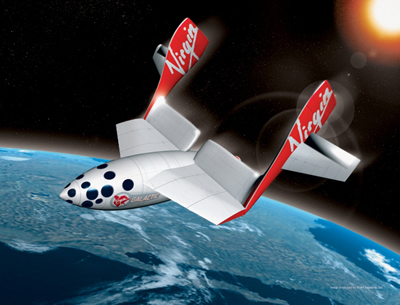Controlling the march of super-intelligent robots
Robotics expert on Nasa and Google's Singularity University

Google and Nasa both announced plans recently to fund a 'Singularity University' to focus on research in artificial intelligence (AI), biotech and nanotech, fronted by infamous US futurologist, Raymond Kurzweil.
TechRadar has spoken with a number of leading academics and specialists in the fields of cybernetics, AI, biotech and nanotech to gauge responses to the news of Google and Nasa's latest educational project.
"Kurzweil's proposal sounds exciting in the sense that it has a common goal for its students to work towards that could directly benefit humanity," says UK robotics expert, Dr Jim Wyatt, who runs his own company, Kablamm Ltd developing and popularising the use of robotics in the classroom and the home.
"However, you have to wonder how much progression students can make in this endeavour in just nine weeks."
Privately-funded universities
Dr Wyatt sees a more interesting trend in the fact that a tech giant such as Google is putting (a no doubt considerable amount of) its money behind projects such as Ray Kurzweil's Singularity University.
"It would be interesting to see if this model could be expanded upon to deliver privately backed universities delivering undergraduate and postgraduate courses that are focused on addressing specific challenges that we face in the real world," says Wyatt.
Get daily insight, inspiration and deals in your inbox
Sign up for breaking news, reviews, opinion, top tech deals, and more.
"It would be nice to think, though, that the funding of such courses could be supported (in part) by the commercialisation of such institutions' research endeavours (being that they would be directly applicable to industry) rather than by astronomical fees," he adds, referring to the $25,000 fee for a nine-week course at the Singularity University.
Virgin Space Uni
Wyatt doesn't think that this type of academic-funding model need only "be limited to science and technology", adding that "perhaps Sir Richard Branson could set up a university specialising in business and commercial space travel or Stelios Haji-Ioannou could give us an easyUniversity specialising in travel and tourism.
"Although I don't think I could study for three years in a university painted bright orange," he adds!
Kurzweil's Singularity theory has come under a considerable amount of criticism from certain quarters. Idler editor Tom Hodginkson told TechRadar last week that he thought the whole thing was all so much hokum.
Dr Wyatt's only question regarding Kurzweil's idea of 'the Singularity' (ie that point at which AI overtakes human intelligence), would be:
"How much of the nine weeks [of the Singularity University course] would be spent discussing how to implement safeguards on a computer that is more intelligent than any human on earth?"
Stay tuned for further news and opinion from British and American academics and specialists on the Singularity University project.
